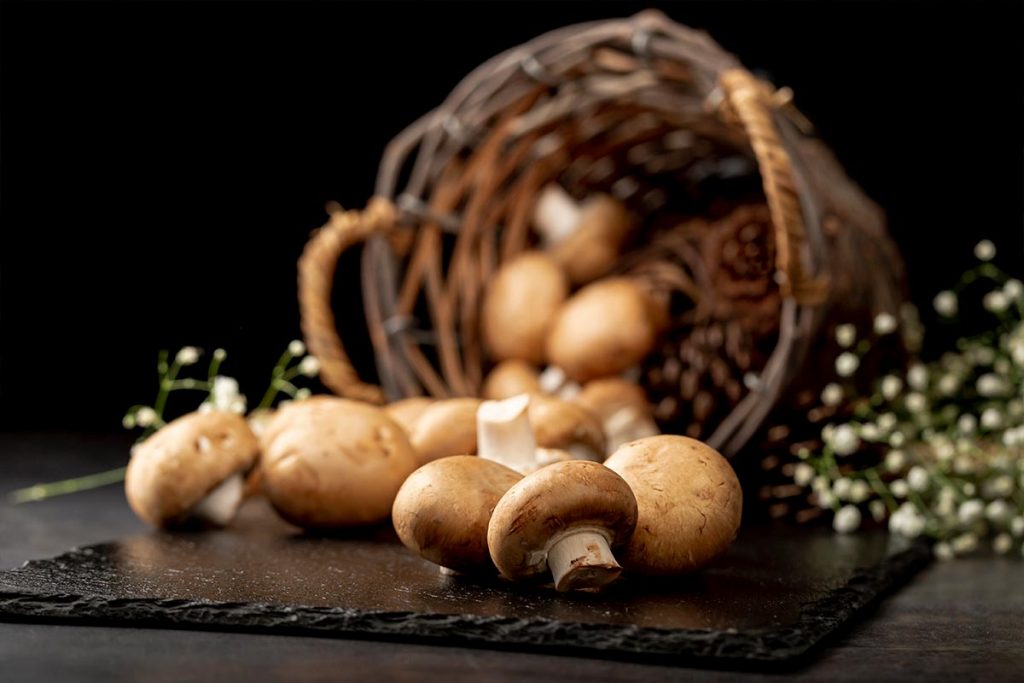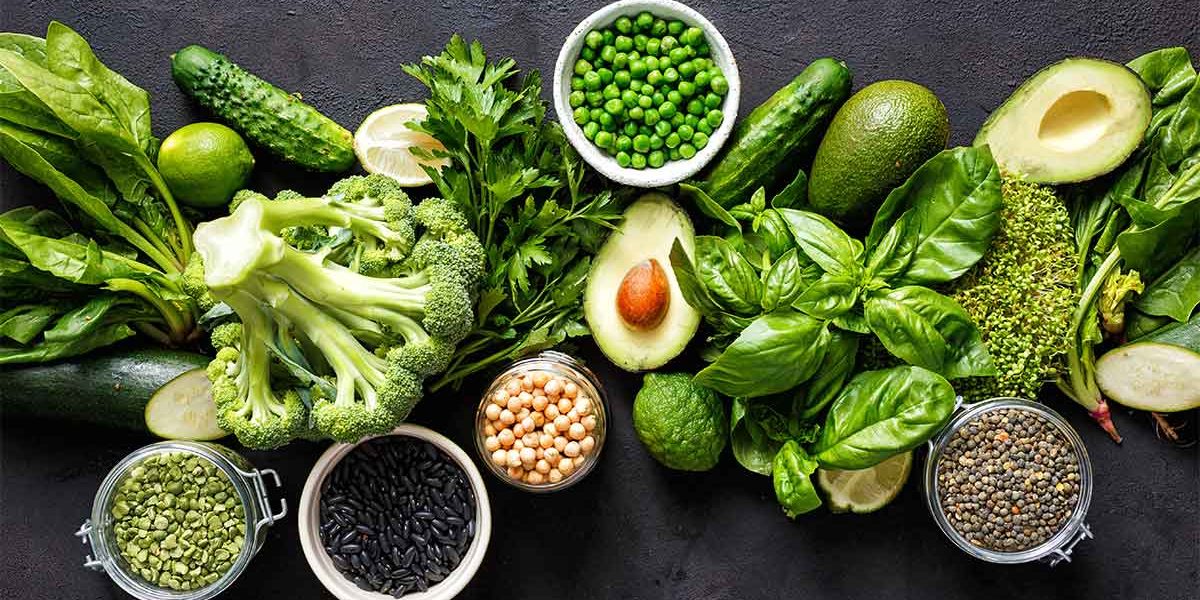With plant proteins, our body can build muscle just as well, and some say even better, more efficiently and sustainably, than with animal proteins. A growing number of athletes and bodybuilders are adopting meat-free diets, whether for health reasons or for ethical animal welfare reasons, and they can, in their own right, set a good example of the direction that a more sustainable diet should take. They do not suffer physically or in terms of performance from not consuming food of animal origin. So what is stopping us from giving up or at least significantly reducing the proportion of animal-based foods in our daily diet?
To gain muscle mass, two things are necessary, one is proper nutrition and the other is training. If we follow a nutrient-rich diet, only then do we have the energy to train effectively, so the two go hand in hand.
Protein is the nutrient for muscle building, so we need to follow a diet that ensures adequate protein intake. Protein is made up of amino acids, which aid and trigger many reactions and processes, including muscle formation. When we exert physical effort, tiny micro-tears are created in our muscles when we strain them. These micro-tears are ‘repaired’ by amino acids, which incorporate and fill the tear, increasing muscle size and strength.
Contrary to older beliefs that only animal proteins are truly complete proteins, it turns out that plant proteins also contain all the essential amino acids, although not in as high quantities as some animal proteins. A 2017 US study looked at the muscle mass of 3,000 people and found that, on the one hand, higher protein intake leads to better overall skeletal muscle health, but – and here’s the good news – whether that protein was animal or plant-based didn’t matter at all in the results.
Some plant-based foods have roughly equal levels of all 9 essential amino acids, while others have an overabundance of some amino acids and lower levels of others. Therefore, when eating plant-based foods, it is also important to ensure variety, meaning not just a few “favourite” plant protein sources, but as many as possible, even within a day. In this article we have written in detail about the best plant protein sources, click for details!
Here are a few reasons why, as an athlete, bodybuilder or simply as a high-mobility person who hikes and cycles a lot, you should choose plant protein sources to maintain and increase your muscle mass:
- Because a plant-based diet is more sustainable; animal agriculture is one of the most polluting industries on Earth, contributing greatly to the global warming and climate crisis we are already experiencing; livestock and fodder production is the main cause of deforestation and is extremely water-intensive, in a context where available freshwater resources are becoming increasingly scarce; biodiversity is also being steadily reduced through the conversion of land for large-scale livestock and fodder production;
- Because, if we care about animal welfare, whether for religious or ethical reasons, we are in fact acting on our principles by choosing plant-based foods, which means not contributing as consumers to the suffering and death of animals that are mainly raised on large farms;
- Because they are healthier! Animal foods contain little or no antioxidants, vitamins and other very important nutrients. Although they usually contain concentrated amounts of protein or calcium, for example, there are many other important nutrients that are essential for our bodies and are also found in plant foods. While animal foods do not, only plant-based foods contain phytochemicals (plant compounds that can protect us from cancer, heart disease and other serious health problems). Dietary fibre can also only be obtained from plant foods, and fibre helps maintain an optimal body weight, promotes digestive health, reduces the risk of heart problems, type 2 diabetes and colon cancer.
When it comes to protein powders used by bodybuilders, it is also worth choosing the plant-based versions. Protein powders made from brown rice or peas are just as effective as the ones from animal sources, but they are also lactose- and gluten-free, easy to digest and easier to absorb than whey protein.
Common advice is to consume 20 grams of some form of protein during exercise or immediately after exercise to maximise the efficiency of ‘protein synthesis’, the incorporation of protein into muscle. Some experts say that a protein powder shake is the best way to do this, because it’s easy to consume, absorbs quickly and is quickly used: you whip it up during or after a workout and it does its job (along with the workout).
However, there’s also a trend in vegan bodybuilding that specifically avoids protein shakes and considers all the nutrients you need to be obtained through proper nutrition. According to this school of thought, the most important thing for athletes and bodybuilders is not protein intake, but carbohydrates, which many consider to be to blame for obesity. Bodybuilder and nutritionist Tamás Váli recommends that at least half or two-thirds of your plate should be starchy foods (cereals, legumes, potatoes etc.), with vegetables, fruit and mushrooms making up the rest. He also recommends eating oilseeds rich in omega-3 fatty acids, such as flax, chia, hemp and walnuts.
Mushrooms are a low-calorie food that also contains several vitamins, minerals and antioxidants, and have long been considered an important part of any diet. They contain dietary fibre and are rich in protein. They’re also a must for bodybuilders!







